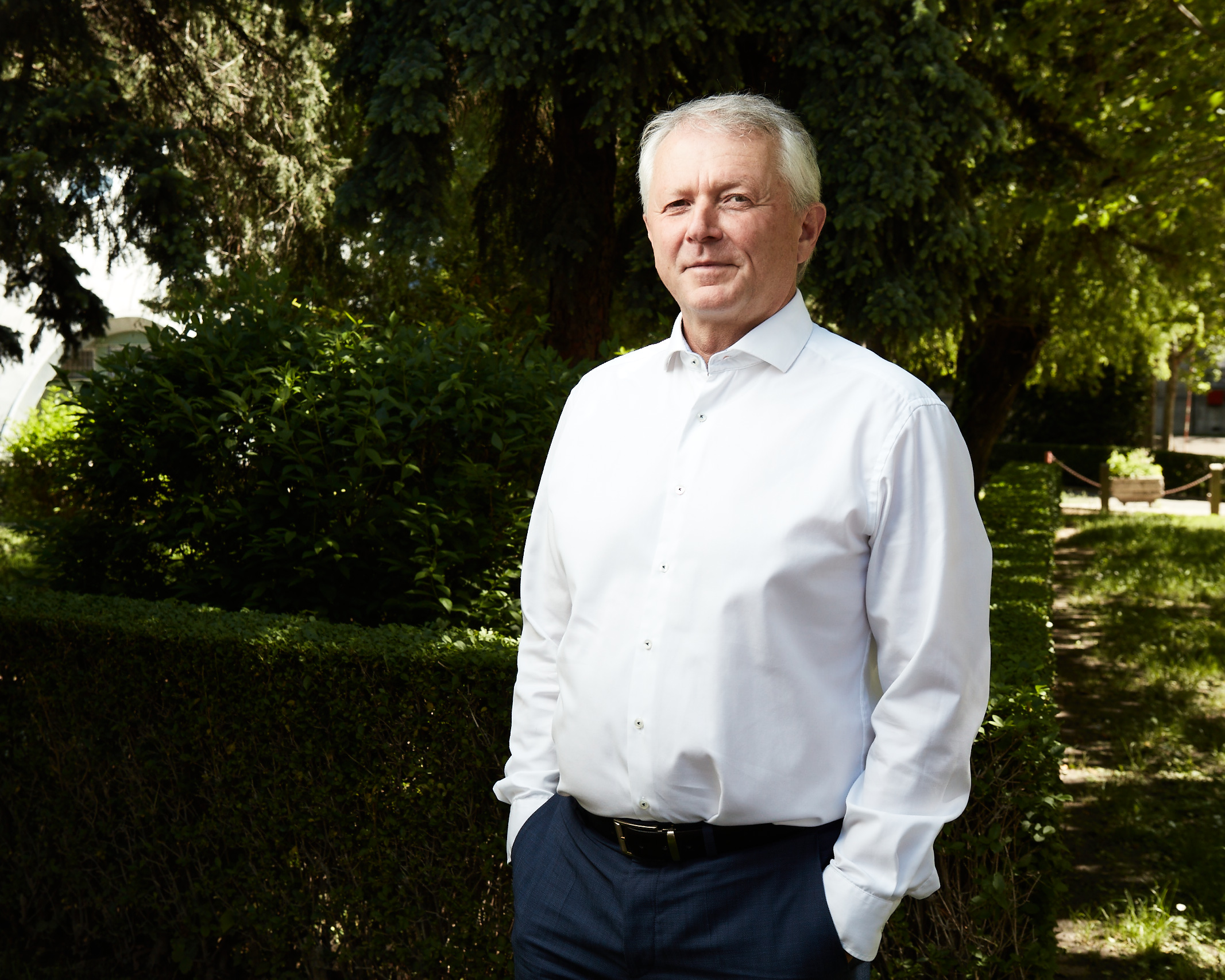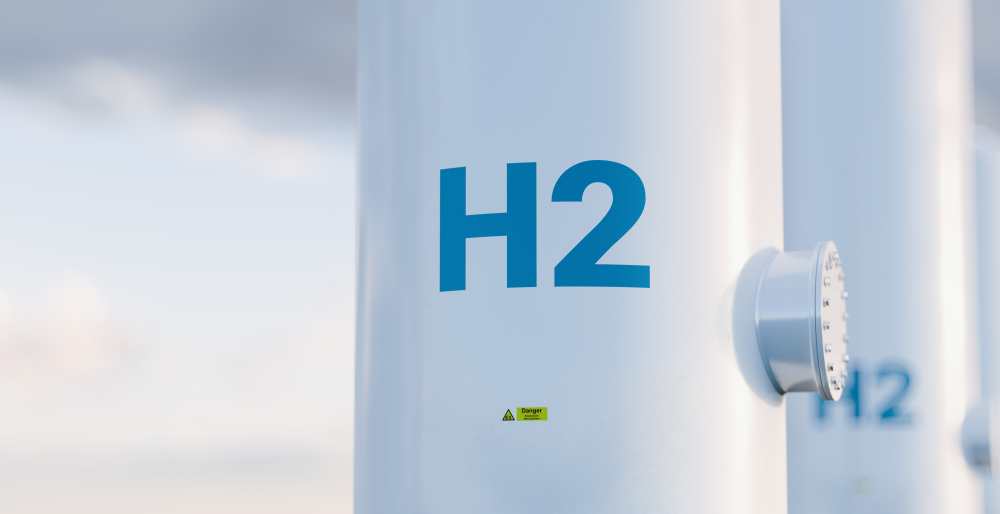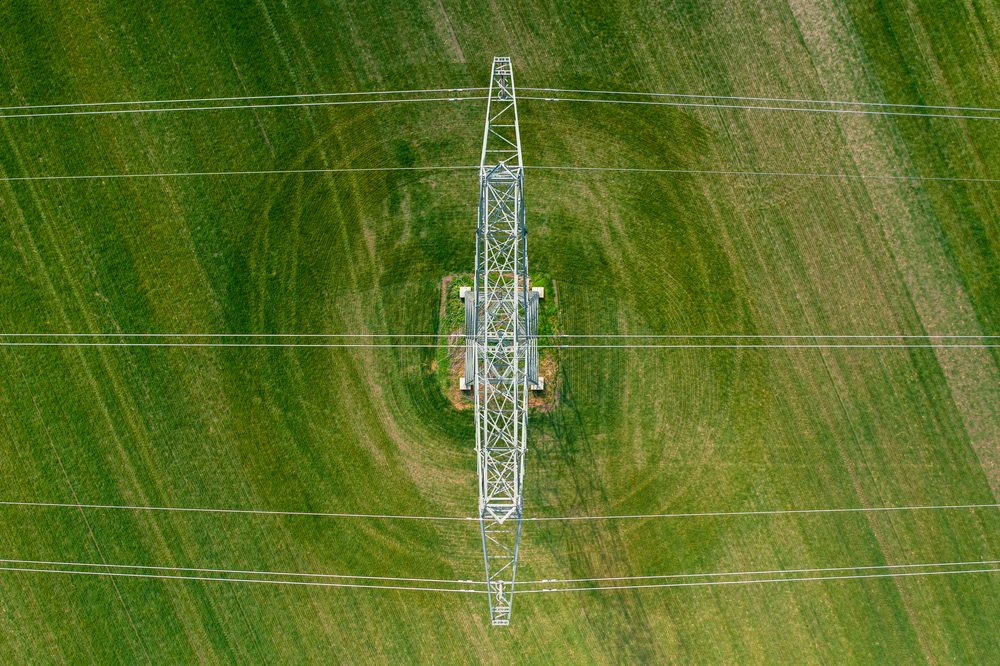How AI is Optimizing the Hungarian Energy Sector

Péter Kaderják, head of the Zero Carbon Center
With ever more renewables at play in Hungary’s energy mix, predicting how much energy would be available from natural sources in the national grid at any given time is becoming crucial. Artificial Intelligence can help here and beyond.
The optimizing power of AI comes in handy in many industries, and energy is no exception. For starters, the widespread use of solar systems intensifies the need for algorithm-based planning. Due to the unpredictable nature of sunshine, it’s very difficult to tell how much solar energy will be produced in a specific period.
On the other hand, the number of mini plants has skyrocketed thanks to subsidies available to private individuals and businesses. At the time of writing, there are 80,000 points of solar energy production in the country, which by now account for the total capacity of the Paks nuclear power plant.
Problems arise with the need to provide electricity in a balanced fashion nationwide, and that’s when AI kicks in.
“Such solutions can help us have cleaner and constantly available energy sources. Renewables are great, but because of the above-mentioned reasons, sophisticated algorithms are needed to make predictions for advanced planning,” says Péter Kaderják, general ministerial counselor and head of Zero Carbon Center.
Predictions can be made only after intensive metering; therefore, smart meters need to be installed in high enough numbers to allow detailed analysis. The abundance of data produced will give users and system operators alike a better idea of how this decentralized network of renewables can contribute to Hungary’s energy provision, eventually in an hourly rhythm, Kaderják explains.
Smart Strategy
Hungary’s AI Strategy deals with the issue as well. The objective is to have 70% of renewable production driven by smart technologies by 2030. This tech could, for example, advise consumers how to time their consumption and more efficiently use their devices.
Since the market price of electricity changes every 15 minutes, it would be impossible for humans to adjust without computers. Smart tech holds the promise of cutting energy bills by dozens of percentage points thanks to smart pricing methods.
Not just single households, but entire communities could benefit from AI. Those living in the same street or dwelling can team up and form so-called energy communities that can optimize renewable use in a joint effort. At least one million smart meters should be installed in Hungary, which will make it even more worth creating such communities.
Another area where AI is being used in terms of energy is transportation. The ongoing green bus initiative aims to replace older public transport vehicles in dwellings with a population of more than 25,000 step by step. This and the growing number of e-cars trigger the need to optimize charging infrastructure.
“We don’t have that much experience with this new technology; therefore, it’s key to collect data about the operational features of these buses. We need data-driven planning that helps us decide how, where, and with what capacity charging stations should be established. Big Data can give hints in this regard,” adds Kaderják.
Addressing Grid Load Optimization With Targeted Projects
Projects are underway to address energy optimization issues by employing artificial intelligence. The Hungarian AI Coalition, the stakeholder forum of the local AI ecosystem bringing together 1,000-plus experts from industry, academia, and research, is working in project teams on various aspects of the AI Strategy’s implementation. Energy is high on their agenda.
One of the initiatives aims to set up systems that use cameras to monitor cloud movements and predict how much sunlight will hit solar panels in any given area. Renewables represent a very fluctuating energy source, and satellite images are just not good enough to tell in advance how much energy will be produced by the sun. This “cloud spotting” method, if you will, would allow the prediction of sunlight-generated energy by the second.
Another project concerns drawing up user patterns by location; consumers in the Budapest metropolitan area have different energy-using habits from those in the countryside. Suburbs tend to witness, for instance, a peak later during the day than, say, a small town in the south of Hungary or a village in the east. Such patterns can help identify demand graphs in the retail segment more precisely, so grids could be geared to optimize distribution.
Home Charging
With the rising number of e-cars around, home charging is posing new challenges for electricity networks too. Therefore, timing plays a crucial role in ensuring a balanced grid load. Many users forget, for example, that there is no need to fully charge their vehicles every time if they only use them in town for a few miles a day.
It would also make a huge difference if not every user plugged in their batteries after getting home from work. Charging could be perfectly planned with AI so that it takes place in the middle of the night at different intervals, which reduces peak capacity demand significantly.
Creative options to further improve the situation include offering personalized rates for those that report in advance when they will be away for more extended periods. This would enable service providers to plan ahead better, as they would not needlessly have to keep capacities available on standby.
Smart metering will surely be taken to the next level as well. Every device creates a unique current consumption pattern, which means that it can be determined precisely what is plugged in at a location at any given time. Special rates could be set up, and energy efficiency advice given on a mass scale by installing smart meters. That, in turn, would lead to immense total savings.
This article was first published in the Budapest Business Journal print issue of October 8, 2021.
SUPPORT THE BUDAPEST BUSINESS JOURNAL
Producing journalism that is worthy of the name is a costly business. For 27 years, the publishers, editors and reporters of the Budapest Business Journal have striven to bring you business news that works, information that you can trust, that is factual, accurate and presented without fear or favor.
Newspaper organizations across the globe have struggled to find a business model that allows them to continue to excel, without compromising their ability to perform. Most recently, some have experimented with the idea of involving their most important stakeholders, their readers.
We would like to offer that same opportunity to our readers. We would like to invite you to help us deliver the quality business journalism you require. Hit our Support the BBJ button and you can choose the how much and how often you send us your contributions.








